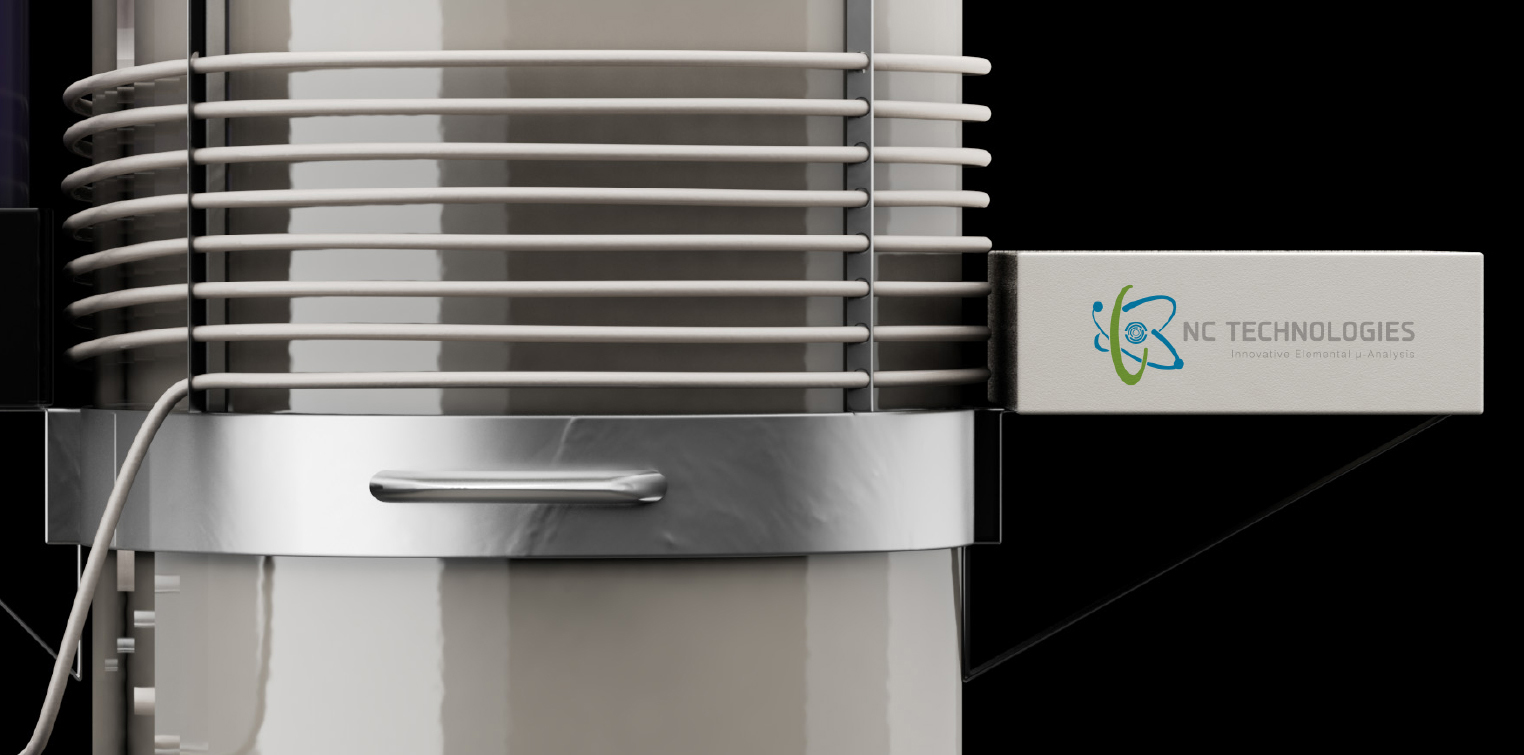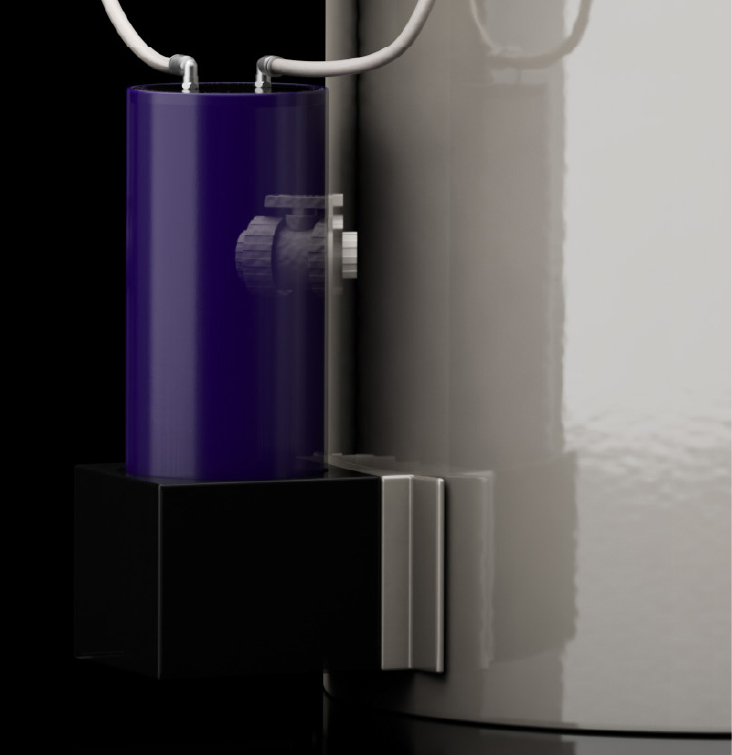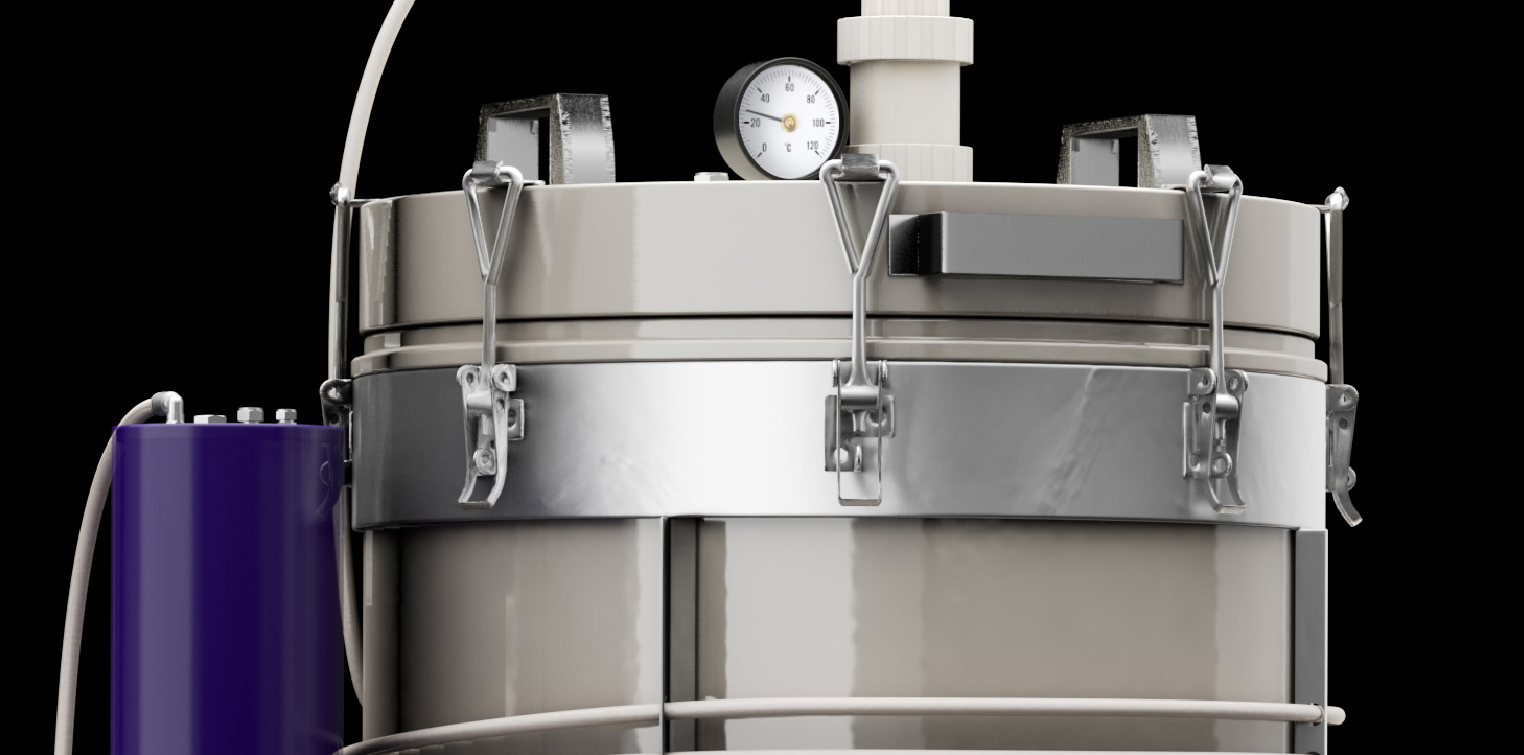Respirometer
Determination of the dynamic respiration index
Biological treatments such as composting, biostabilization and biodrying processes are very often used in the treatment of municipal waste and biomass in general to obtain products useful for agriculture, waste to be disposed of in landfill or fuels derived from waste.
The experimental determination of the quality and stability of these matrices is the basis for a correct disposal policy. The processes implemented to achieve these disposal conditions establish that urban waste can be landfilled only after treatment (biostabilization) of at least 15 days, which reduces the quantities of biodegradable organic substance, thus avoiding those substances that produce biogas emissions and limiting the polluting load of the leachate.
If biological stability is understood as the measure of the degree of decomposition of the organic substance contained in a matrix, the measurement of the respiratory activity of the organic matrix is the most significant parameter for determining biological stability.
Knowledge of the degree of biological stability of the organic fraction of waste is therefore essential for the correct use of products, for effective control of processes and for better design of the plants responsible for their treatment.
The Dynamic Respirometer Index is the result of the dynamic respirometric test that measures the hourly consumption of oxygen used for the biochemical oxidation of biodegradable compounds (implemented by microorganisms that feed on these same compounds), under conditions of forced insufflation of air into the sample, thus reproducing in the laboratory what occurs in the plant engineering reality of matrix treatment.
The respirometer is an instrument that allows to measure the «Dynamic Respirometric Index» (DRI).
The measurement of the respiratory activity of the organic matrix is the most significant parameter for determining biological stability.
The DRI is the result of the dynamic respirometrictest that measures the hourly oxygen consumption used for the biochemical oxidation of biodegradable compounds.



Compared to the previous model, the Respirometer 3028 has been implemented and updated to modern technologies. The main points of innovation and advantage of the new equipment are listed below:
Want to know more? Contact us!